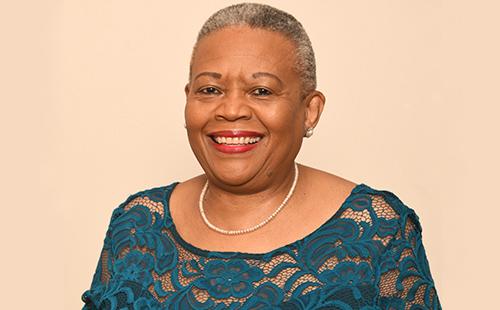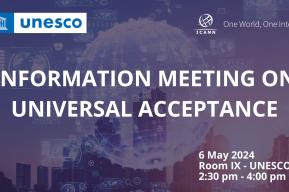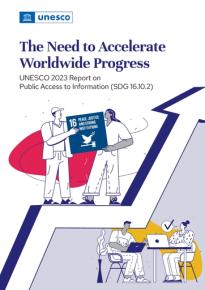Article
Interview with Pansy Tlakula, South Africa’s Information Regulator

Does South Africa have a Right to Information Law?
Yes, we do, the “Promotion of Access to Information Act” was adopted by parliament in 2000, and came into effect in 2002. On the African continent we were one of the first countries to introduce this kind of legislation. We were coming out of apartheid, and building a democracy. We were putting the culture of secrecy behind us and we wanted this to be one of first laws passed. Back then civil society and government were on the same page, the new government consisted of former anti- apartheid activists, so it was easier to get a law like this passed.
After the law was passed, the South African Human Rights Commission was made responsible for monitoring and enforcing the law. But the Commission did not really have enforcement powers, there were no consequences for non-response to a request for information from a company, a government body or an individual. The person requesting information had to go to court, and people were discouraged by the system.
So the law can’t be implemented?
It can be now. As of 2021, the law has been strengthened a lot through amendments. First, in 2016 the Information Regulator was established, in order to protect and promote the right to privacy and the protection of data, and to take over the monitoring of the right to information from the Human Rights Commission.
Then, just last year, the Information Regulator was given new enforcement powers- including the right to press criminal charges against a public or private body which does not comply with the Promotion of Access to Information Act (PAIA).. The amendment includes political parties in the definition of a private body – so this represents a significant strengthening of the law. We are one of the few countries in the world in which the right to information applies to information held by both public and private bodies.
With these new powers are you able to help people get the information they need?
Yes. Since 2021, the Information Regulator has powers to subpoena people, to compel them to appear before us. Once we have investigated a complaint, we can refer it to the Enforcement Committee for a finding and a recommended sanction , which includes criminal liability.
During the pandemic, a woman who was a beneficiary of a life insurance policy submitted a claim for the policy to be paid out when her father died of COVID. The insurance company was playing hide and seek. She then requested information on the reasons for non-payment, and the insurance company did not supply it. So she lodged a complaint with us. When we notified the company of the complaint, the company provided the information and paid out immediately!
Then a music production company requested information on how many times their music videos had been used and by which TV channels , from a royalties company. The Royalties company would not disclose the information, so the music company lodged a complaint with us. You know, the payment of royalties is a real problem – artists die in poverty because they are not paid their royalties. So we decided to open up an investigation, and allowed music producers – people with similar issues to come forward – in order to raise awareness of the problem.
Now the investigation has been concluded and the investigator is writing a report which will go to the Enforcement Committee – who will make a finding: either that the information should be released or not.. Of course, if they have to release the information this might lead to the payment of royalties, and we will have created a legal precedent.
Has the digital revolution helped or hindered the free flow of accurate information?
Well, it’s supposed to have improved the free flow of information but in countries where there is a digital divide between those with means and those without, it hasn’t. Government can communicate about the services that they offer – but who do they really reach – when the cost of data is so prohibitive. You need data to access that kind of information
The proliferation of misinformation is also a new problem globally. In addressing this problem, we have to ensure that freedom of information and freedom of expression are not unreasonably restricted.
How can you help citizens exercise their right to access to information?
We’re concentrating on empowering communities at grassroots level about how to use the law to hold government to account. On 28th September, International Day for Universal Access to Information, we won’t be going to air-conditioned conference centres. No, this time we are going to the people! We’ll be in Soweto to, celebrating the International Day, and empowering and educating communities on PAIA.








